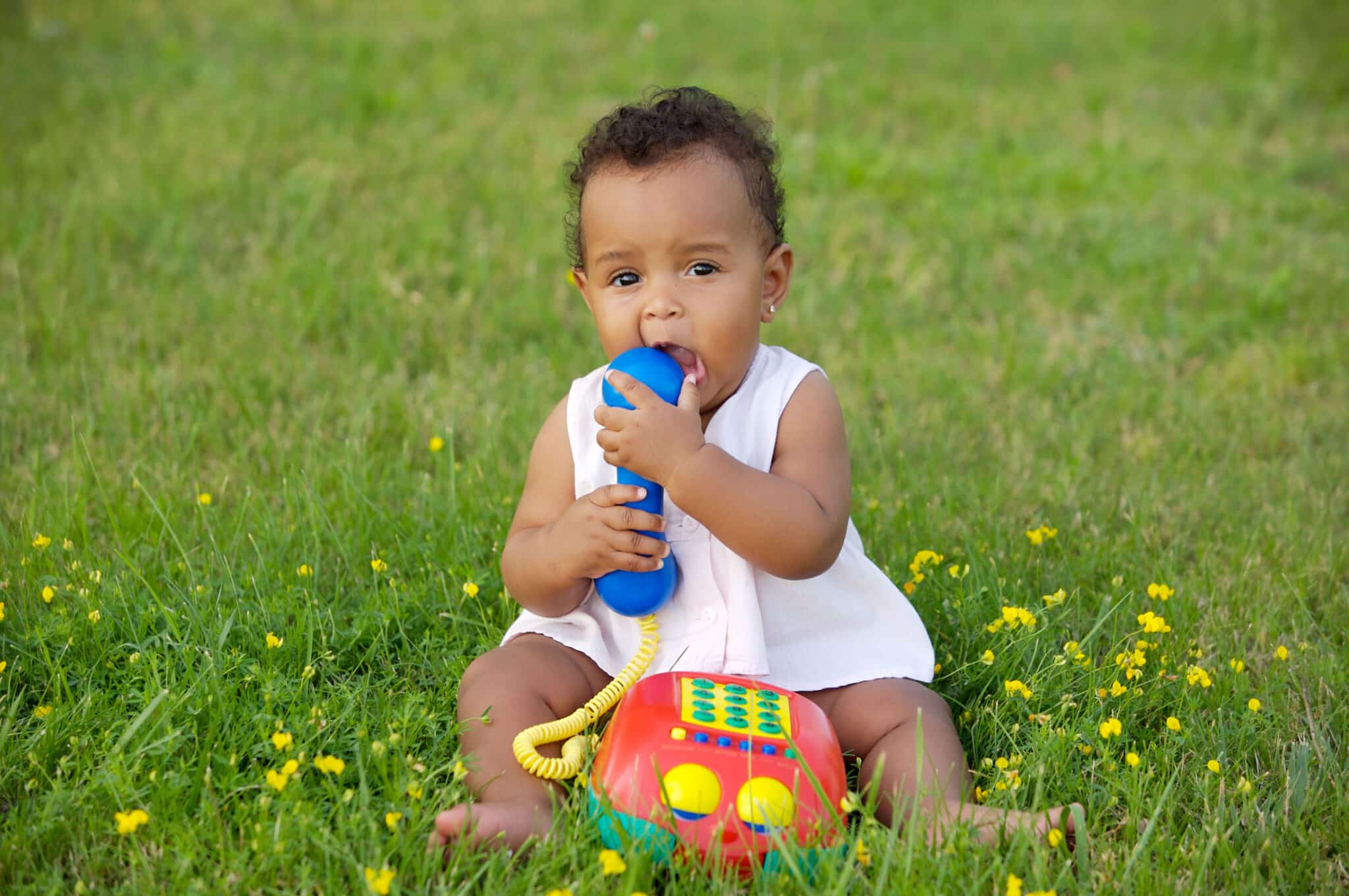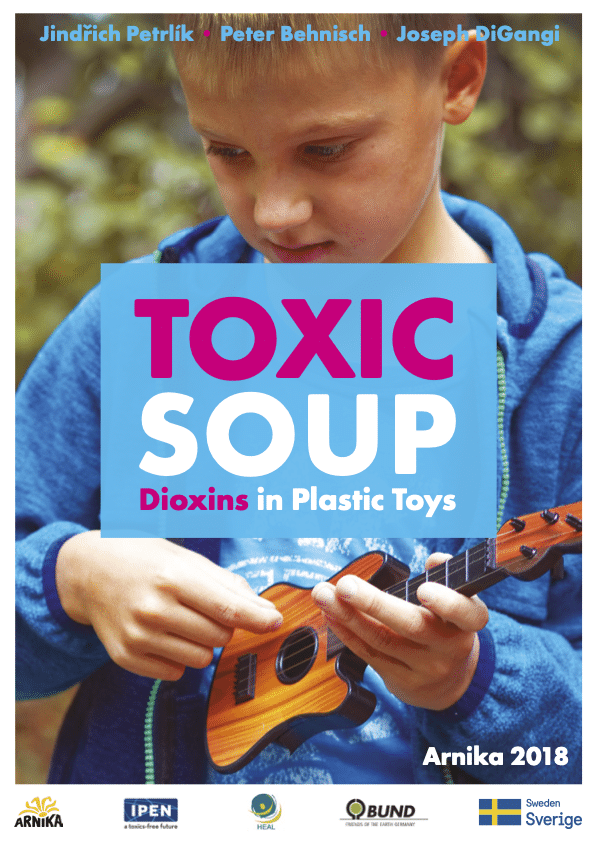Plastics Poison our Homes, Workplaces, and Bodies
Studies suggest that food contact plastics (such as packaging) contribute to levels of toxic chemicals found in the body. For example, bisphenol A (BPA) is a chemical in many plastics including reusable plastic food and beverage containers, can linings, and plastic water pipes. Studies show that BPA leaches from plastic liners into food. BPA is known to disrupt our natural hormones and is linked to various cancers.
Health Impacts
Plastics and EDCs
Endocrine disrupting chemicals (EDCs) are substances that can interfere with the body’s natural hormones. Because hormones are involved throughout all our bodies’ systems, EDCs are associated with a wide range of health impacts, including cancer, early puberty in girls, obesity and diabetes, infertility and reproductive disorders, learning disabilities, and other conditions.
Some EDC’s found in plastics include:
- BPA: Exposure to BPA has been associated with breast, prostate, ovarian, and endometrial cancers, as well as infertility and increased anxiety, depression, hyperactivity, inattention, and behavioral problems.
- Phthalates: Exposure has been linked to reduced fertility, high miscarriage rates, anemia, early menopause, and abnormal sex hormone levels.
- Ultraviolet (UV) stabilizers: Studies demonstrate that UV stabilizers are EDCs that can impede fertility and development.
- Per- and Polyfluoroalkyl Substances (PFAS): This group of thousands of substances are known as “forever chemicals” because of their long persistence in the environment. They can raise the risk of breast cancer, alter puberty, and affect the immune systems, liver, and thyroid function, and are associated with non-Hodgkin’s lymphoma and cancers of the kidneys, testicles, prostate, and ovaries.


Plastics Poison Consumers Globally
Studies by IPEN, our partners, and independent scientists have found high levels of toxic chemicals in toys, kitchen utensils, and many other plastic products sold worldwide. A 2018 study found high levels of dioxins in toys and other plastic products from 7 countries on 4 continents. A 2023 study of recycled plastic toys and other products purchased in Kenya found that 14 of the 18 products tested contained high levels of toxic flame retardant chemicals, exceeding a proposed definition of hazardous POPs waste.










